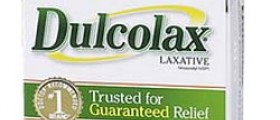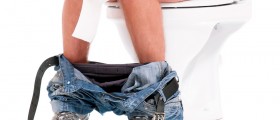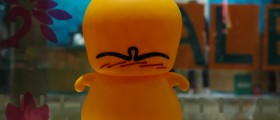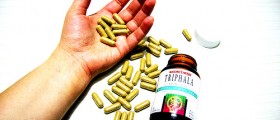
Constipation is a condition where there is great difficulty for the large intestine to eliminate the stool. If the stool is particularly solid, it causes an excruciating ache when it moves through the intestine.
This condition is very frequent after a surgery. The patients who had a surgery are given various drugs in large dosages. The majority of these drugs include constipation as a side effect and a lot of patients suffer from constipation after the surgery. In many cases anesthesia decreases the ability of the large intestine to remove all the feces. Also, some prescribed painkillers can have a negative effect on the proper function of the large intestine.
Treatment
Fortunately, constipation is not a severe condition and there are a number of remedies that can help you with constipation.
The most effective method to instigate the large intestine is to drink a lot of water. Water makes the hard stool softer and it is the cheapest and the simplest way to beat constipation. It is important for a patient to drink around eight glasses of water and two glasses of juice every day.
The diet after a surgery can consist of food which can cause constipation. Various milk products or eggs can intensify constipation and if possible, such products should not be consumed until the situation normalizes. Food that is rich with fibers is very good for reducing the problem and relieving the pain of constipation. You should ask for advice from your doctor regarding the adjustments in the diet because high fiber food (different fruit and vegetables) can cause watery stool in normal conditions. Your doctor can prescribe fibers in powder or capsules in order to stimulate the function of the large intestine.
After a surgery, it is important for a patient to get as much rest as possible. This does not always imply lying in bed 24 hours a day. Actually, this can even worsen the constipation. Some exercise can do well for the large intestine to start functioning normally. It is important to realize that exercises must not be demanding and exhausting for the patient, but easy and without much effort. For example, a walk in a park in the fresh air can be rather effective.
In some cases, a patient can take laxatives to fight the constipation. Laxatives can be bought without a prescription, but their consumption should be supervised by the doctor because they can cause diarrhea if not used properly.

















Your thoughts on this
Loading...